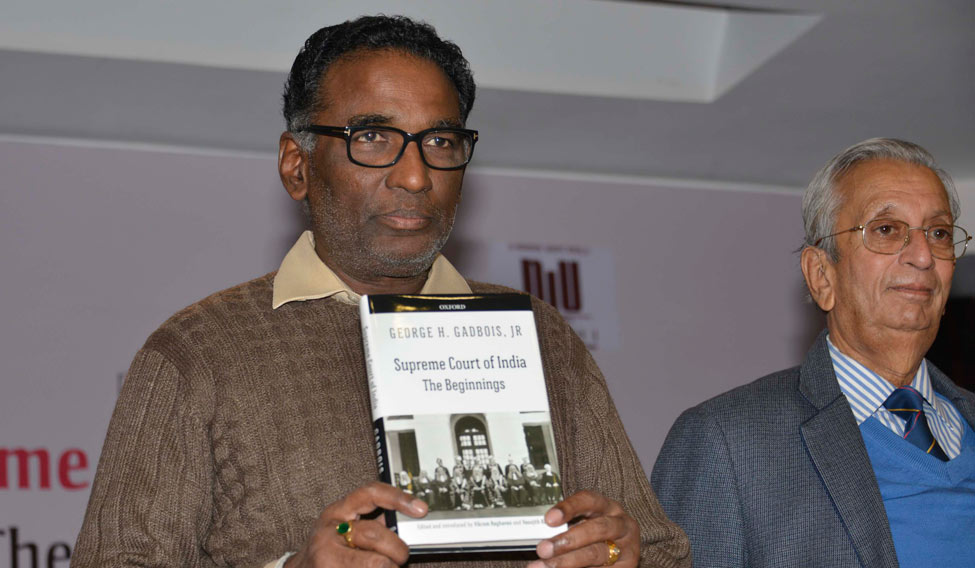In words that appeared to be a reiteration of what he had said in his stunning press conference over a week ago, Supreme Court Justice J. Chelameswar on Monday said that for the survival of a liberal democracy, an impartial and independent judiciary is essential.
“For the survival of a liberal democracy, an impartial and independent judiciary is essential. Without it (independent judiciary), liberal democracy cannot flourish,” Chelameswar said at the release of the book George H. Gadbois Jr.'s 'Supreme Court of India – the Beginnings' edited by Vikram Raghavan and Vasujith Ram, in Delhi.
Chelameswar, the second senior-most judge in the Supreme Court, had on January 12, along with his three colleagues from the apex court's collegium – Justices Ranjan Gogoi, Madan B Lokur and Kurian Joseph—addressed an unprecedented press conference, in which the judges had raised questions about the manner in which the court was being administered by Chief Justice of India Dipak Misra.
Addressing the press conference, Chelameswar had said that the judges were forced to come before the media because democracy was under threat, and emphasised that an independent and impartial judiciary was important for democracy to survive. The implication of the statement was understood to be that the executive was influencing the functioning of the judiciary.
Chelameswar, delivering his address as the chief guest at the book launch, also spoke about the backlog of cases. “The enormous jurisdiction conferred upon the Supreme Court of India is compounded by its eagerness to do complete justice. This has created a huge amount of arrears in the court,” he said.
“There is a backlog of cases which appears to be almost impossible to clear. The empirical data collected for the last few decades indicates that,” Chelameswar said, noting further that the situation does not add to the glory of the institution. “It is a matter of examination and concern for all those involved. A solution must be found to ensure that the institution remains relevant,” he said.
Noting that Gadbois had made a study of the foundation of the Supreme Court of India, and the first two decades of its functioning, he said there was need for a greater study of the ongoing processes of the Supreme Court to understand how exactly the institution functions and analyse its achievements and failures.
Talking about the influence the courts have on the lives of people, he said that approximately one-sixth or one-eighth of the population would have had direct interaction with the judiciary.
“With a population of 1.3 billion, and a pendency of 2.5-3 crore cases in various courts, each case has five parties on either side, would work out to ten crore people. The rest 20 crore are also impacted by the courts. The decisions taken by courts touch the lives of people,” he said.






